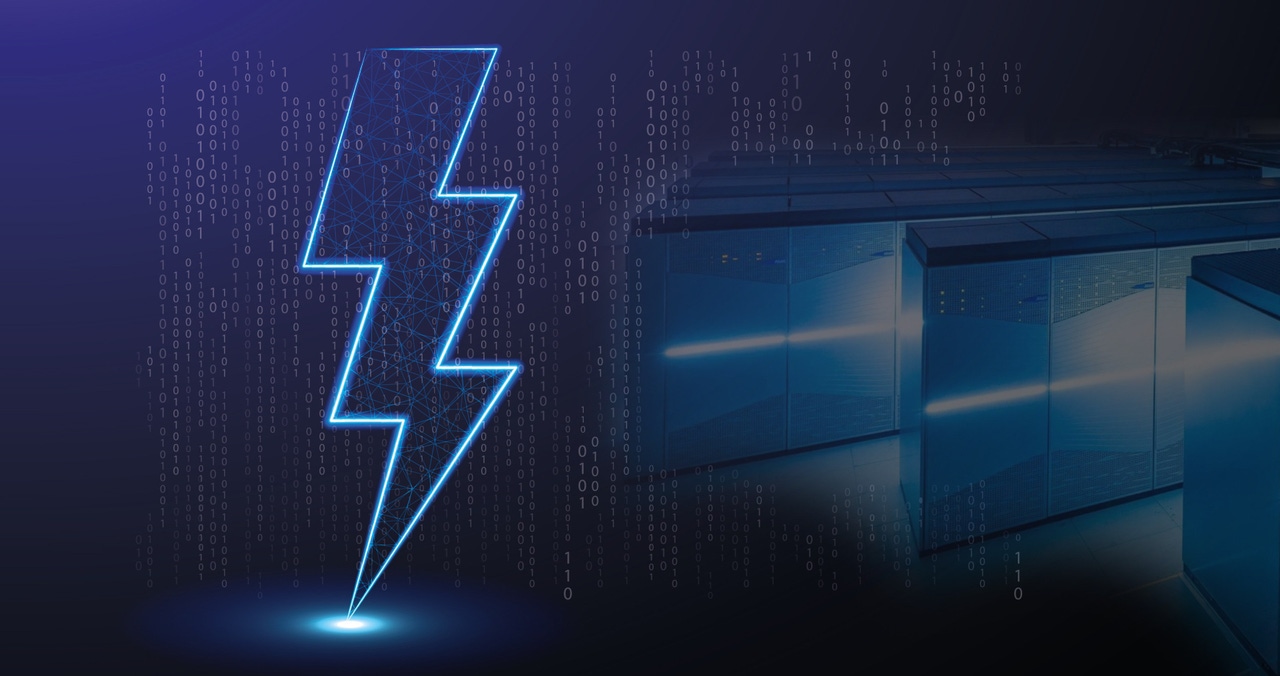Europe to Launch its First Exascale Supercomputer in 2024Europe to Launch its First Exascale Supercomputer in 2024
Jupiter, to be housed in Jülich, Germany, will power large language model training and climate research.
January 4, 2024

This article originally appeared in AI Business.
Europe is set to launch its first exascale computer in 2024 to rival the most powerful supercomputers in the world.
Jupiter will be housed at the Jülich Supercomputing Centre in Germany and is expected to be capable of one exaflop, or one billion-billion (1,000,000,000,000,000,000) calculations per second. The cost of building and operating the supercomputer for six years is projected at €500 million ($545 million).
Jupiter is being designed to tackle "the most demanding simulations and compute-intensive AI applications in science and industry," according to the center. These applications include training large language models, simulations for developing functional materials, creating digital twins of the human heart or brain for medical purposes, validating quantum computers, and high-resolution simulations of Earth's climate.
The supercomputer will boast a liquid-cooled architecture and will feature 24,000 Nvidia GH200 Superchips. Jupiter will be used to support the development of AI applications including large language model training and creating digital twins for health care and climate research. Users from academia, industries and the public sector will be given access.
The project will be funded by EuroHPC JU, a joint initiative between the EU, European countries and private partners to develop supercomputing systems in Europe, the German Federal Ministry of Education and Research (BMBF), and the Ministry of Culture and Science of the State of North Rhine-Westphalia (MKW NRW).
The first stage of Jupiter is underway, with the initial wave of Nvidia GH200s arriving last December.
It is designed to be split in two – with a Booster Module for particularly compute-intensive problems, being supplied by Atos-owned Eviden. There will also be a general-purpose Cluster Module based on tech from SiPearl, designed to make Jupiter suitable to run complex simulations as well as to prepare it for integrating next-generation innovations, like quantum computing.
Europe is lagging behind both North America and Asia in terms of supercomputing power. The most recent Top500 list saw the number of systems in Europe rise from 133 to 143, but this is still behind North America (171), which boasts the only exascale supercomputers in the world, and Asia (169).
Thomas Lippert, director of the Jülich Supercomputing Centre, said in an interview last November that Europe can, however, be innovative in AI.
“Our users are increasingly training AI models on the system. With the large Foundation models, the entire system is often fully utilized at once. Other European centers involved in EuroHPC JU have also put more supercomputers with GPU accelerators into operation since 2021," he said. "Jupiter now represents a further milestone. This means that Europe has both the necessary computer performance as well as the expertise in software development to be innovative in AI.”
Read more about:
EuropeAbout the Author
You May Also Like









